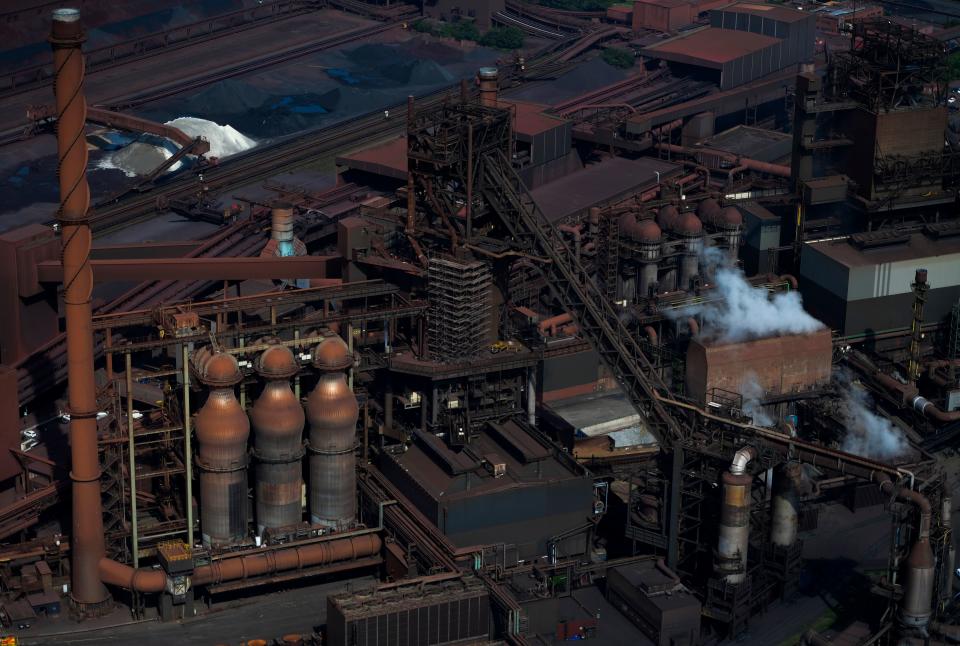Coronavirus: German companies felt a glimmer of hope in May

The mood among German executives took a turn for the better in May, according to today’s Ifo Business Climate Index, rising to 79.5 points, from its historic low of 74.2 points in April.
While the companies’ assessment of the current situation was not so positive, their expectations for the coming months “improved significantly,” the Ifo economic institute said.
After a dramatic slump in April, when social and commercial lockdowns were in full swing, today’s index is being closely watched for signs of optimism.
The Business Climate Index is based on monthly reports from around 9,000 German companies, canvassing how executives assess the current business situation and their expectations for the next six months.
Business sentiment in the manufacturing sector, looking to the future, was more positive in May. Likewise, the mood among company bosses in the service industry improved noticeably, however, pessimism still hangs over the sector.
In the construction sector, the index rose again after falling for more than half a year, mostly because these companies expect business to get better in the coming months, despite it being gloomy right now.
Carsten Brzeski, chief eurozone economist from ING points out that while signs of an upswing are good, the May index is still the second weakest reading since reunification.
“The increase was mainly driven by a strongest monthly improvement ever in the expectations component,” Brzeski noted. “The current assessment component actually dropped again but still remains slightly above the record lows seen during the 2008/9 recession.”
READ MORE: German investor morale rises but uncertainty dogs export-dependent economy
Germany officially entered a recession in the first quarter. The federal statistics office today confirmed its earlier reading that the German economy had contracted by 2.2% in the first quarter of the year, as the coronavirus lockdowns damaged all sectors of the economy.
Capital investments dropped by 6.9% and exports by 3.1% in the first three months of this year compared to the same quarter of 2019. The 3.2% drop in private consumption’s was the biggest quarterly fall since reunification in 1990.
“As the first quarter performance is the result of ‘only’ two weeks of lockdown and supply chain disruptions due to lockdown measures in Asia, it does not need much analytical skill to predict a much stronger slump in the second quarter,” said Brzeski.

 Yahoo Finance
Yahoo Finance 